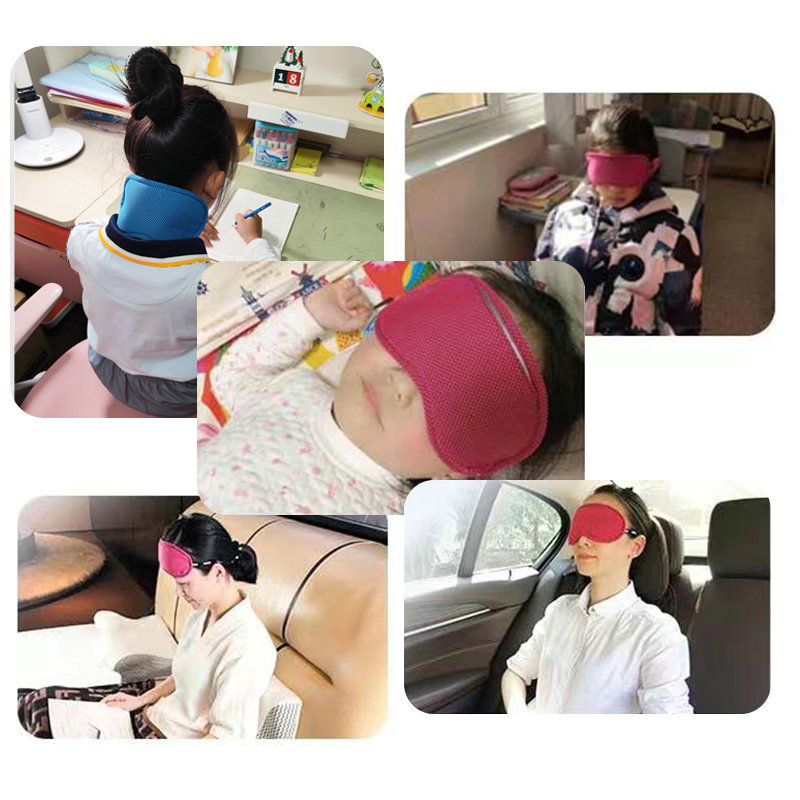Functional sleep masks play a significant role in regulating circadian rhythms by controlling the exposure to light, which is a key factor in managing the body’s internal clock. The circadian rhythm is a natural, 24-hour cycle that dictates various physiological processes, including the sleep-wake cycle. This rhythm is heavily influenced by light exposure, particularly from the environment.
When light enters the eyes, it signals the brain’s suprachiasmatic nucleus (SCN), located in the hypothalamus, to regulate the production of melatonin, a hormone that promotes sleep. Exposure to light, especially blue light from screens or artificial sources, can suppress melatonin production, making it harder to fall asleep or stay asleep. This can lead to disruptions in the circadian rhythm, resulting in sleep disorders, fatigue, and other health issues.
A functional sleep mask blocks out external light, creating a dark environment even during daytime or in brightly lit spaces. By reducing or eliminating light exposure, the mask helps to maintain or reset the natural sleep-wake cycle. This is particularly beneficial for individuals who work night shifts, travel across time zones, or live in environments with irregular light patterns, as it allows them to align their sleep schedules with their desired timing.

Additionally, some advanced sleep masks are designed with features that can further enhance their role in circadian regulation. For example, masks with built-in technology may gradually dim or brighten to simulate natural light transitions, helping the body to wake up or wind down more naturally. By supporting consistent melatonin production and reducing the impact of disruptive light, functional sleep masks are an effective tool in promoting healthy circadian rhythms and improving overall sleep quality.











